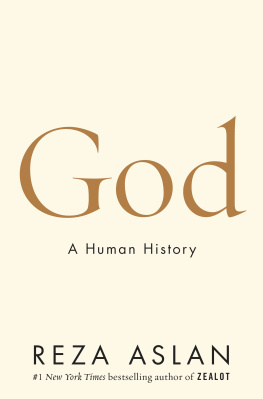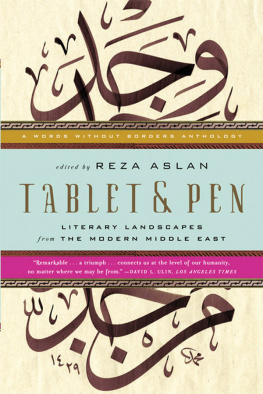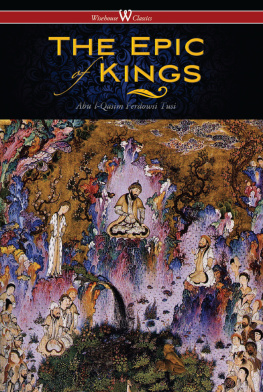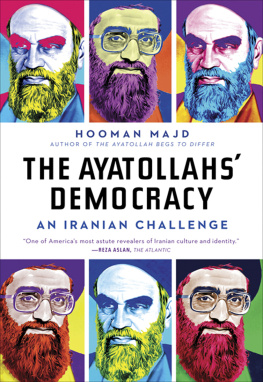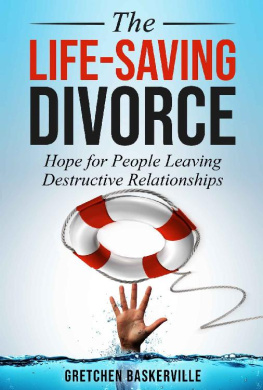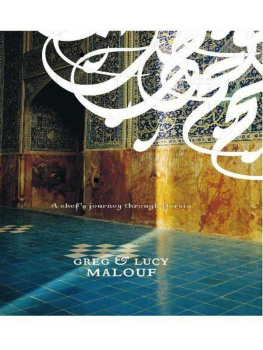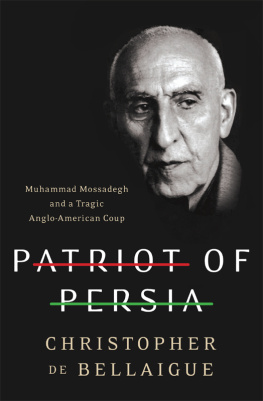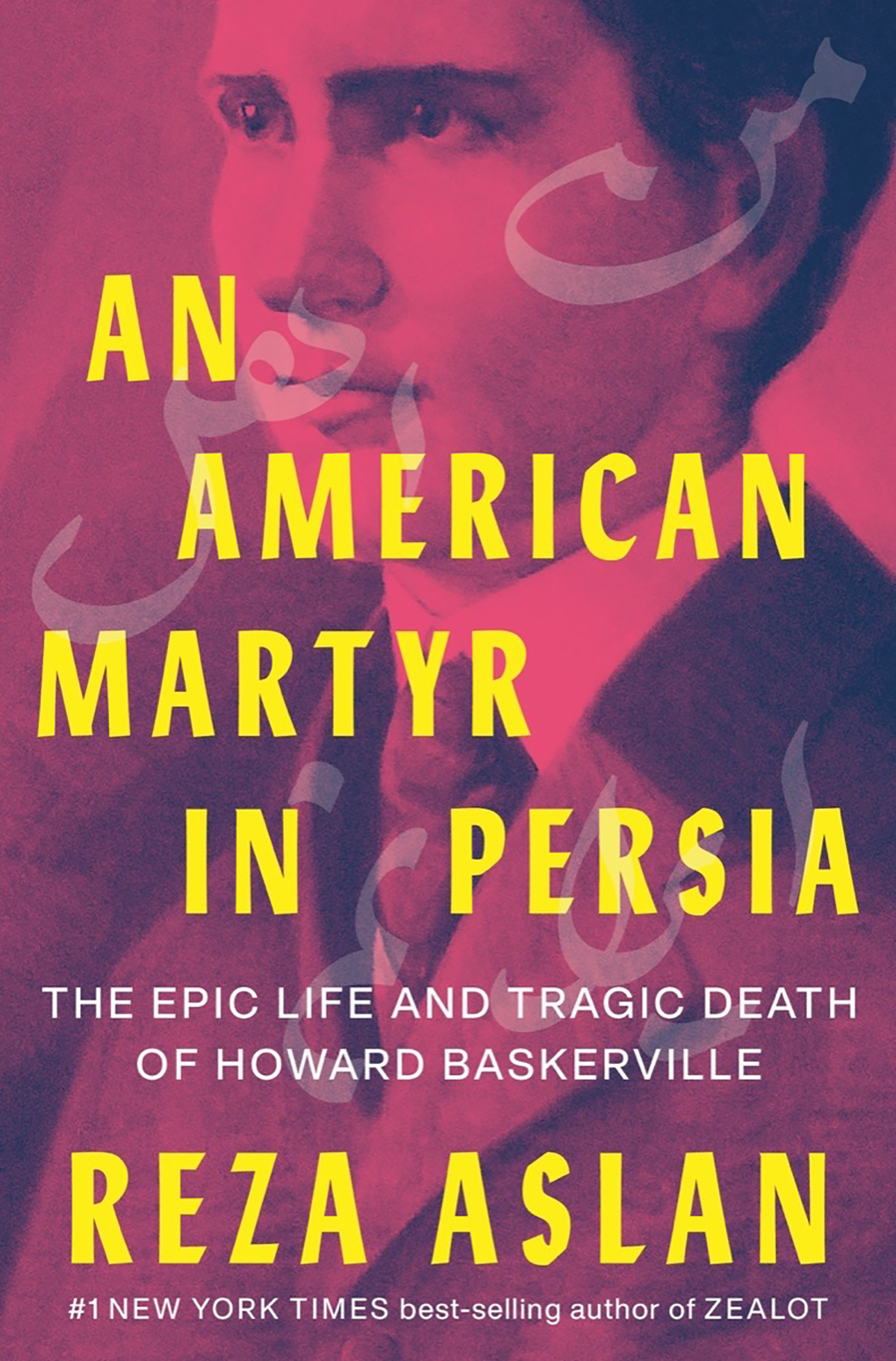Contents
Guide
Pagebreaks of the Print Version
ALSO BY REZA ASLAN
No God but God
How to Win a Cosmic War
Zealot
God
ANTHOLOGIES
Tablet & Pen
AN AMERICAN MARTYR IN PERSIA
_____________________
The Epic Life and Tragic Death of Howard Baskerville
REZA ASLAN

Copyright 2023 by Reza Aslan
All rights reserved
First Edition
For information about permission to reproduce selections from this book, write to Permissions, W. W. Norton & Company, Inc.
500 Fifth Avenue, New York, NY 10110
For information about special discounts for bulk purchases, please contact W. W. Norton Special Sales at specialsales@wwnorton.com or 800-233-4830
Jacket design: Jason Ramirez
Book design by Ellen Cipriano
Production manager: Anna Oler
Library of Congress Cataloging-in-Publication Data is available
ISBN 978-1-324-00447-9
ISBN 978-1-324-00448-6 (ebk.)
W. W. Norton & Company, Inc.
500 Fifth Avenue, New York, N.Y. 10110
www.wwnorton.com
W. W. Norton & Company Ltd.
15 Carlisle Street, London W1D 3BS
To everyone, everywhere, fighting for their rights.
Persia much regrets the honorable loss of your dear son in the cause of liberty, and we give our parole that future Persia will always preserve his name in her history, like that of Lafayette in America, and will respect his venerable tomb.
Cablegram concerning the death of Howard Conklin Baskerville, sent to his father, Henry, by the revolutionary commander, Sattar Khan. April 1909.
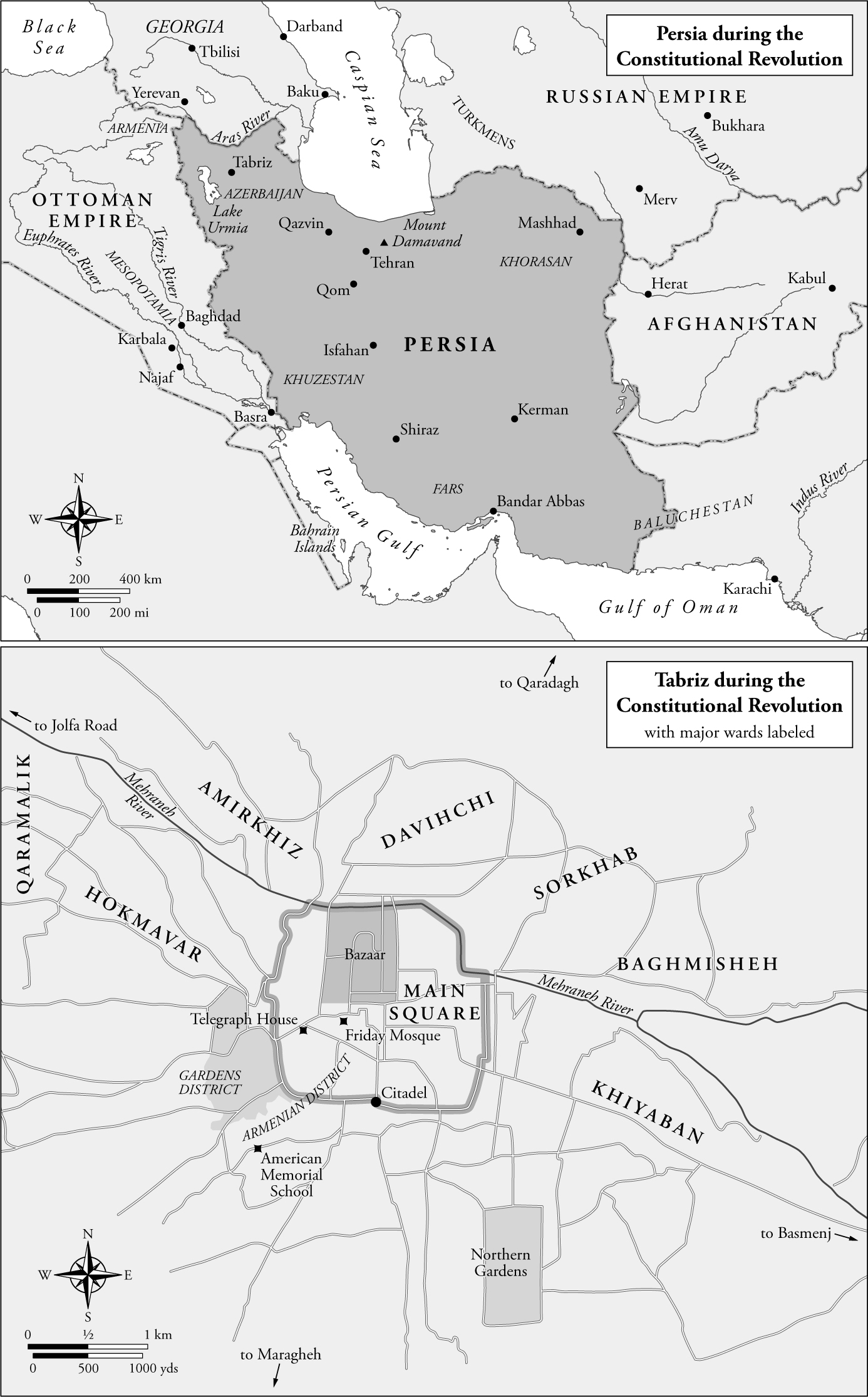
CONTENTS
I HAVE ALWAYS known the name Howard Baskerville. For as long as I can remember, his name was a flash in the corner of my eye. When I was a child growing up in Iran, there were schools named after him. His face, cast in bronze, was prominently displayed in a museum in Tabriz, the city in which he died and was buried. His tomb is still there, pressed up against an overgrown apricot tree, in a long-abandoned cemetery. The edges of the sarcophagus are smooth and wornnot from the elements, but from a century or so of curious hands. People used to come here from all over the country to honor the American who gave his life for Iran. These days, hardly anyone comes at all. Those few who still visit his tomb know little about the man lying inside, save for the bare facts of his life and death.
He was twenty-two years old, a Christian missionary. He came to Persia in the fall of 1907 to teach English and history and to preach the Gospel. He took up arms and fought alongside his students in a bloody revolution against a ruthless tyrant. He died a martyr in the cause of freedom and democracy.
That is pretty much all I knew about Howard Baskerville. To Iranians of my generation he was simply the American. The name embodied the country. It was a metonym for the United States: youthful, impassioned, a little bit nave, perhaps, but earnest in the conviction that freedom is inalienable.
In the run-up to the Iranian Revolution of 1979the third of three revolutions in my home country over the course of the twentieth centuryBaskervilles name surfaced once again. There was an expectation among some Iranians that America, a nation of Baskervilles, would undoubtedly support the struggle against a dictator that many deemed to be as vile and repressive as the one Baskerville died fighting against seventy years earlier. That would not be the case, of course. America was more concerned with promoting its interests than its principles in Iran.
If Mr. Baskerville were resurrected today, and still intent on fighting dictators and oppressors, wrote a prominent Persian writer and activist in 1977, he would find himself shooting his own countrymen.
The metonym, it seemed, had broken.
Afterward, when the American-backed Shah fled to the United States and the Persian monarchy transformed into an Islamic Republica different form of tyrannyBaskervilles story was wiped from the countrys collective memory. The schools were renamed, the bronze bust tucked into a corner of the museum. His tomb was abandoned, his name forgotten, his self-sacrifice buried beneath decades of anger and animosity between the United States and Iran.
I, too, eventually forgot his name. As an Iranian refugee living in America, I could have made Baskerville my lodestar, my guide and beacon in an unfamiliar country I was suddenly forced to call home. But no American had ever heard of him. He wasnt taught in schools or talked about in politics. In Iran, Baskerville had been erased from our history books. In America, he was never in them to begin with.
Over the years, I found myself occasionally looking for Howard Baskerville again. I would pour over what little I could find in archives and libraries, trying to piece together a meaningful account of his life and death. I found historical documents casting him as a pure-hearted youth whose blood came to a boil at the sight of the suffering that took place around him and read opinion pieces painting him as a reckless white savior whose insertion into Persian affairs presaged a century of American interference in Iran. Some called him a herothe American Lafayette! Others viewed him as nave and easily manipulated into giving his life for a country that wasnt his, a people he barely knew, a cause he hardly understood. The US government at the time labeled him a traitor and threatened him with imprisonment or worse if he did not desist his revolutionary activities and return to America at once. The Presbyterian Church, which had sent Baskerville to Tabriz to convert the population, disavowed him altogether. He wasnt one of theirs, they claimednot really.
Yet nothing I read adequately explained how this pious young man from the Black Hills of South Dakota wound up fighting a revolution in turn-of-the-century Persia. Its as though he spent the first twenty years of his life walking a path beaten by generations of Baskervilles before himincluding his father and grandfather, his uncle and brothera path that led directly to the pulpit. And then, for reasons that arent exactly clear, he suddenly swerved off the path and strode headlong into the wilderness.
It was only in the process of writing this bookthe first biography ever written about the young manthat my eyes were finally opened as to who Howard Baskerville truly was, what led him to abandon everything he knew to fight for Persia, and what his death a century ago could mean for all of us today.
I wrote this book because I believe every American and every Iranian should know the name Howard Baskerville, and that name should be a reminder of all the two peoples hold in common. My hope is that his heroic life and death can serve in both countries as the model for a future relationshipone based not on mutual animosity but on mutual respect. Perhaps then, America can once more be known as a nation of Baskervilles.
Although Iranians referred to the country as Iran, it would not officially be known as Iran until 1935.
Marquis de Lafayette was a French military officer who fought in the American Revolutionary War.
A student without devotion is a lover without money;


